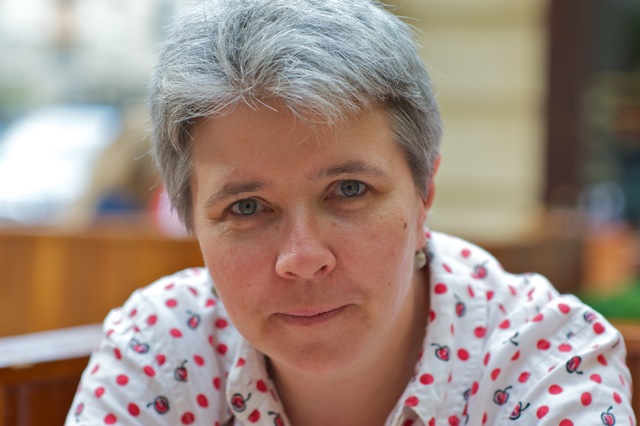 This month sees peer review come under scrutiny with the retraction of a batch of papers following BioMed Central's investigation of a series of papers where false reviewers were supplied by agencies. In addition, there was a discussion on Twitter and elsewhere about the ethics of paying reviewers for fast peer review. Moreover, peer review is the topic of particularly lively debate at the UK’s Royal Society on the occasion of the 350th anniversary of its, and indeed any, scholarly publishing.
This month sees peer review come under scrutiny with the retraction of a batch of papers following BioMed Central's investigation of a series of papers where false reviewers were supplied by agencies. In addition, there was a discussion on Twitter and elsewhere about the ethics of paying reviewers for fast peer review. Moreover, peer review is the topic of particularly lively debate at the UK’s Royal Society on the occasion of the 350th anniversary of its, and indeed any, scholarly publishing.
BioMed Central's handling of their retractions is to be hugely commended, for the swift way in which it was investigated, their collaboration with COPE and other publishers, and their commitment to follow up. Clearly, the issue of agencies fabricating peer review on a large scale is not one that can be resolved in the long term by one publisher, and the responses of institutions will be critical here.
This issue points out several areas where COPE has produced guidelines either alone or with others (eg, on ethical guidelines for peer reviewers, collaboration among editors and collaboration between journals and institutions) and illustrates the complexity of modern publication ethics . In particular, even though an issue may come to light at the journal level, it virtually always has its roots elsewhere and journals and editors can rarely be solely responsible for resolving. Publishers, institutions, authors, editors and reviewers: we are all in this together.


 Female editor receives unbelievably sexist email from scientist
Female editor receives unbelievably sexist email from scientist Inappropriate manipulation of peer review
Inappropriate manipulation of peer review Stefan Grimm’s death leads Imperial College London to review performance metrics
Stefan Grimm’s death leads Imperial College London to review performance metrics University of Minnesota board agrees to suspend enrollment in human psychiatric drug studies
University of Minnesota board agrees to suspend enrollment in human psychiatric drug studies Plagiarism guideline paper retracted for…plagiarism
Plagiarism guideline paper retracted for…plagiarism BioMed Central to publish new journal Research Integrity and Peer Review
BioMed Central to publish new journal Research Integrity and Peer Review